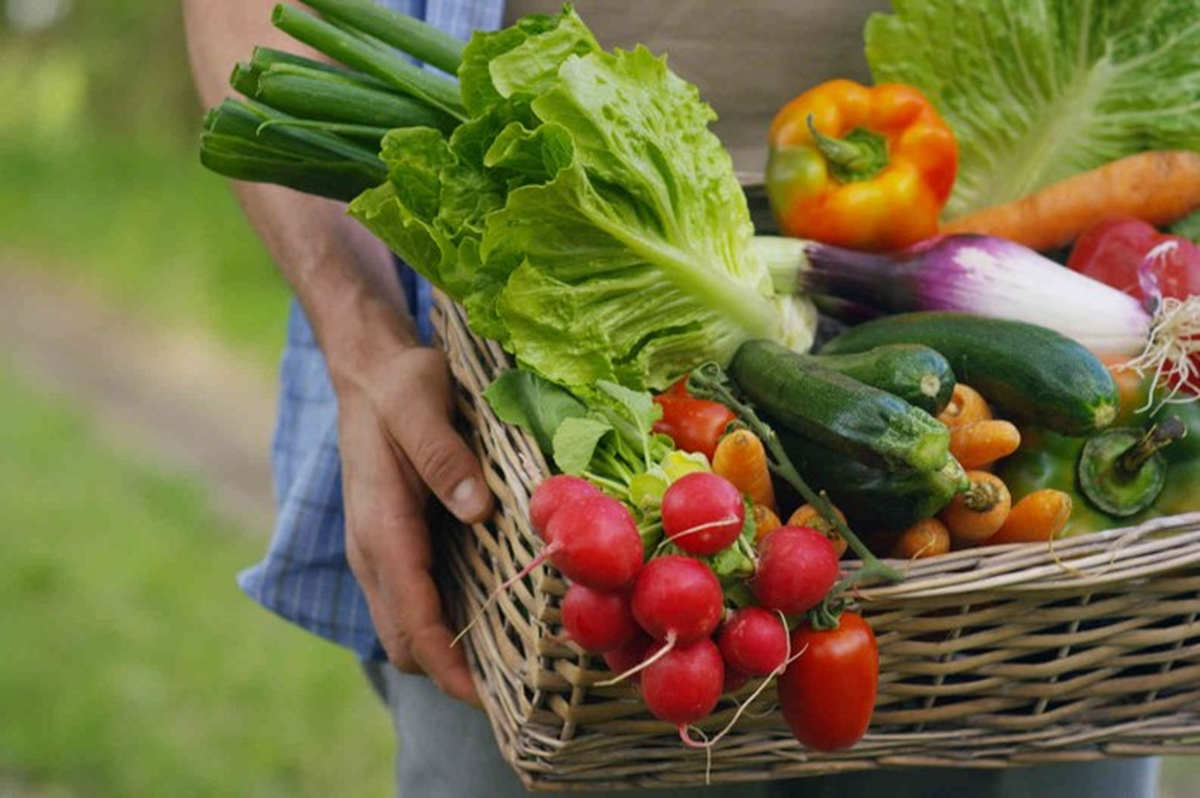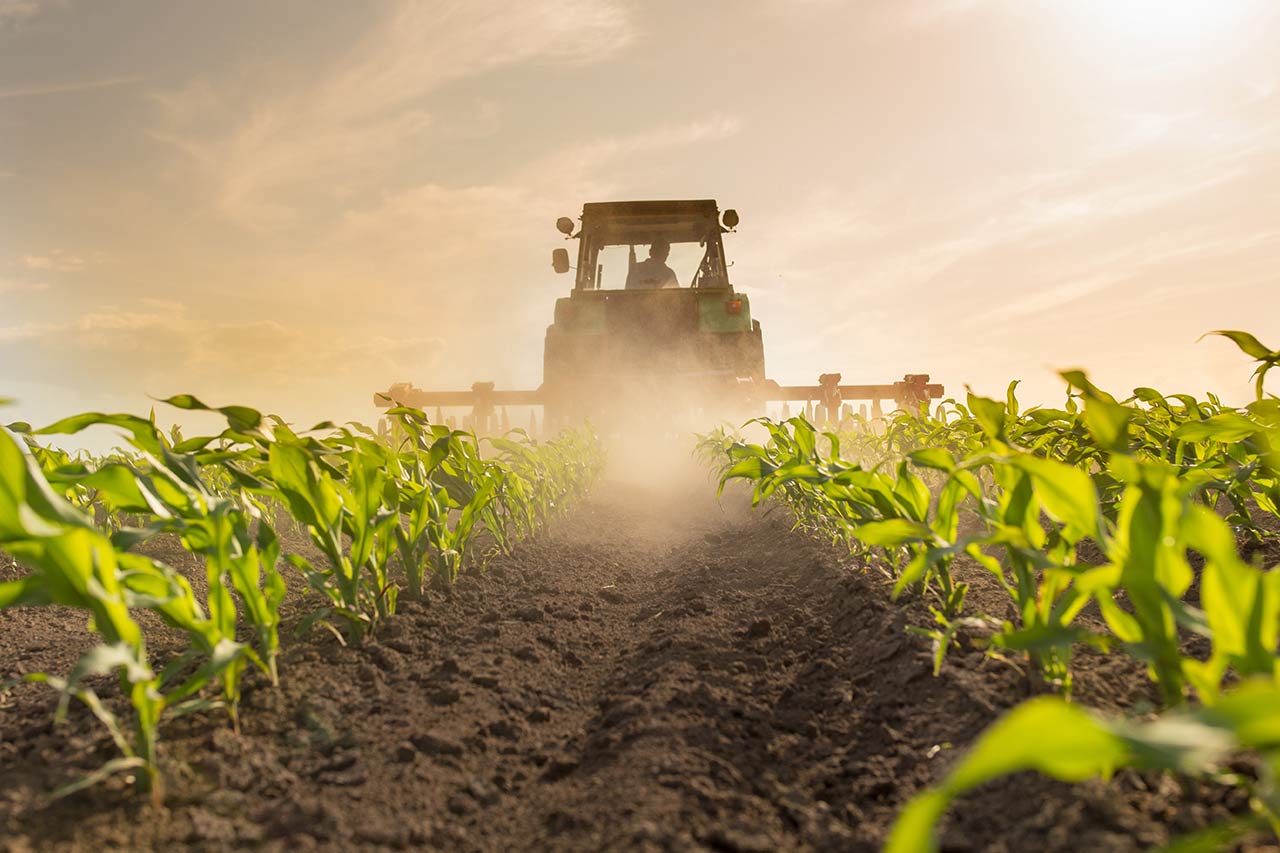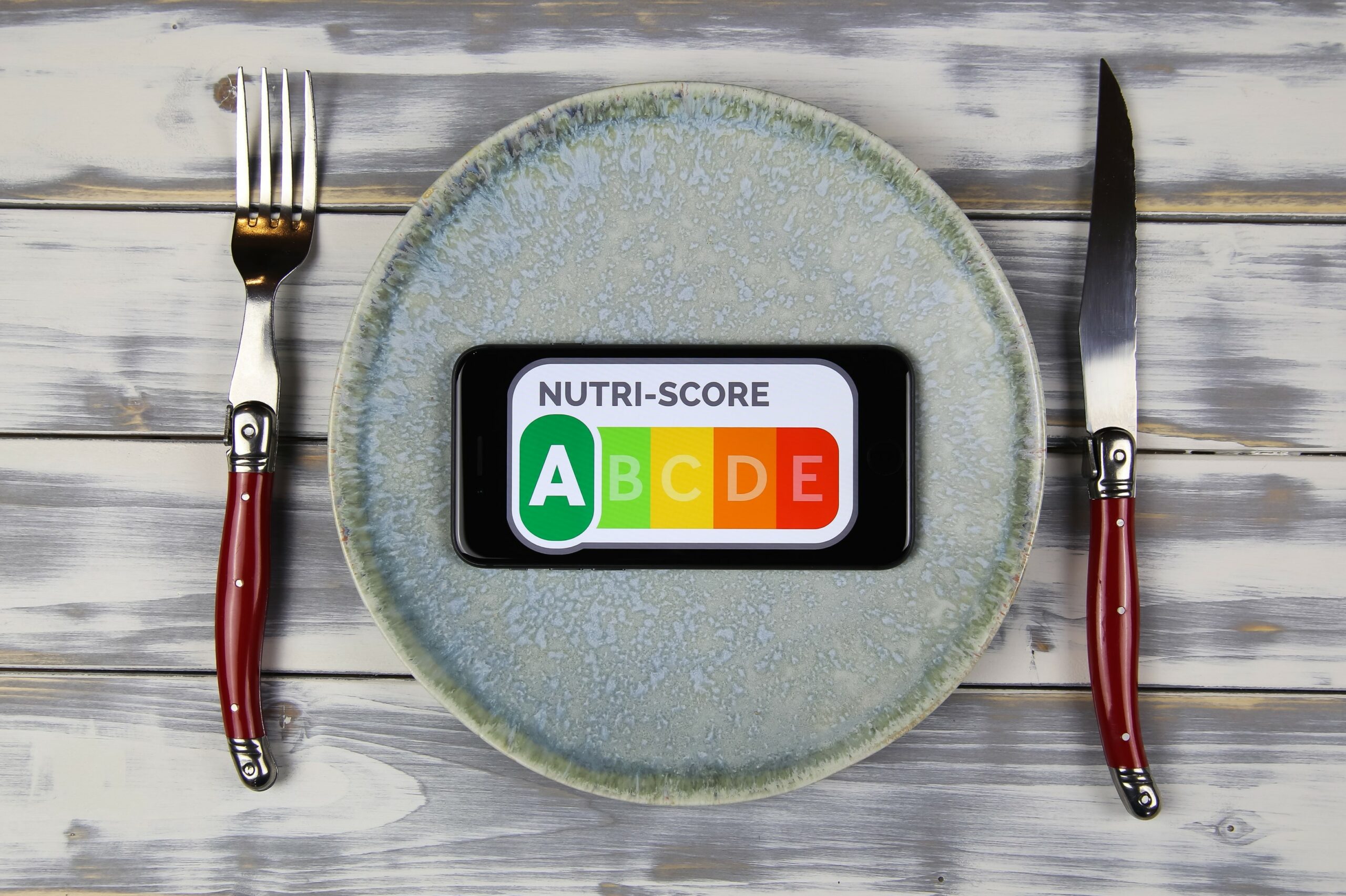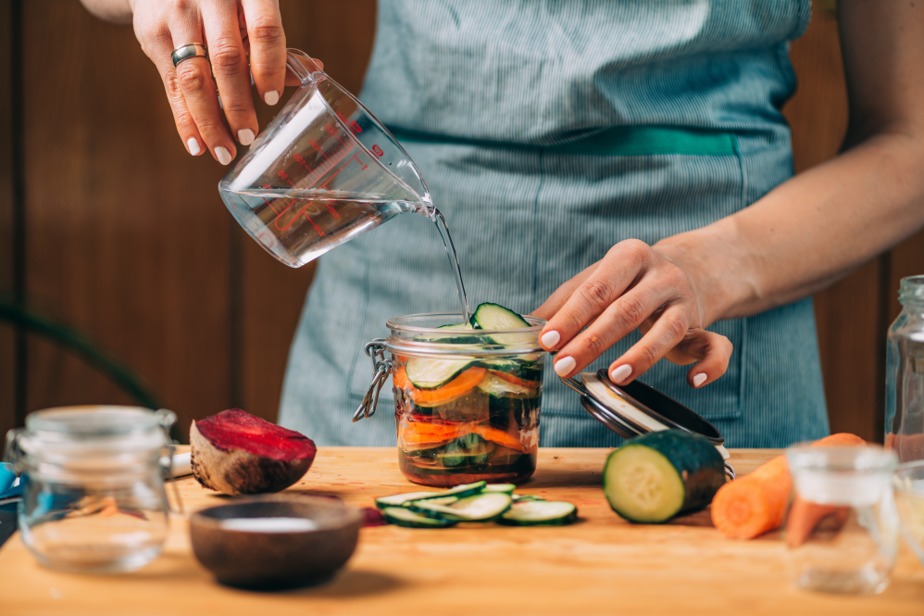What is organic agriculture?
Organic agriculture is a production method that uses cultivation and breeding practices that respect natural balances. Indeed, it restricts the use of synthetic chemicals and excludes the use of GMOs according to precise specifications by production. The benefits of organic farming are multiple in terms of creating activities and jobs, while preserving soil quality, biodiversity, air and water quality[1] .
Why is organic food selling less?
An unfavorable economic situation for the purchase of organic products, and an increasingly saturated organic market
For some time now, the organic market, which had always been growing, has been in reverse. This is not without worrying the actors of the sector who fear an imbalance of the market, a pressure on the prices and a decrease of the producers’ remuneration. But how can we explain this sudden trend reversal?
There are several explanatory factors:
- the current economic crisis and inflation, which are leading to a decrease in the purchasing power of consumers
- an increasingly saturated market following the multiple conversions of the last few years, and a possible lack of interest from consumers,
- the beginning of market saturation, which was already felt in 2019, particularly in certain segments such as eggs and milk, with the market no longer recruiting as many new consumers as before, thus logically slowing down its growth. But the confinement of 2020 has changed consumption patterns and “masked” this loss of speed. In fact, many conversions made at this time to meet demand have accentuated the trend towards saturation of these markets.
Organic food is probably suffering from a less positive image in the face of the multiplication of competing certifications or labels, or from the rise of the criterion of local supply
This decline does not affect all the so-called “premium” sectors. The best counter-example is Grand Frais, which specializes in fresh and local products and has chosen not to offer organic products, whose price positioning seems unattractive at first glance, and which could logically have suffered from inflation. On the contrary, Grand Frais has recorded growth for the year 2022. Organic food is probably suffering from a less positive image in the face of the multiplication of competing certifications or labels, or the rise of the criterion of local supply. According to the barometer of consumption and perception of organic products in France (Agence Bio, 2021), it is the appeal of local, fair trade and cheaper non-organic products that explains why daily organic consumers do not consume more. This is reflected in the lower enthusiasm of general retailers for organic products. For example, Carrefour wanted to become the “leader in the democratization of organic” in 2018, in the words of its CEO, Alexandre Bompart. However, in its 5-year strategic plan presented in November 2022, the place of organic is no longer as central, with a strategy focused on sustainable agriculture, thus including organic, but also short circuits, fresh and local supply, and other types of certifications such as HVE (High Environmental Value), productions whose specifications are not all as demanding.
Organic crisis: what solutions for the organic sector?
One of the levers is to develop the processing of organic products, as organic processed products do not experience the same saturation and decrease in sales as fresh products.
The new CAP 2023-2027 has abolished the aid for maintaining organic farming. Some regions, such as Nouvelle-Aquitaine, have released exceptional envelopes to compensate, but these are temporary. As organic farming results in yields up to 25% lower than conventional farming, this aid is essential to avoid deconversion.
In order to avoid a strong crisis leading to possible deconversions, one of the levers is to develop the processing of organic products, as organic processed products do not experience the same saturation and decrease in sales as fresh products. The processing industries, mostly SMEs in rural areas, are much less developed in the organic sector than in the conventional sector. They often have little means of investment to innovate and develop in a growing market. It would therefore be necessary to support them in this development, in order to create new outlets and to better distribute the added value along the production and value chains. This would also create jobs (especially in rural areas), better meet the expectations of consumers and buyers of catering, and reduce imports (two thirds of imported organic products are processed), and even gain market share in exports.
On the other hand, the Minister of Agriculture Marc Fesneau has very recently indicated on December 6, 2022 that an envelope of 15M€ would be allocated to support organic farming. This budget should be used to improve the understanding of the state of the sector and to evaluate the needs[2] .
The slowdown of the organic market can therefore be explained in part by cyclical factors, but also by structural factors related to the functioning of the French market. Therefore, it is urgent to implement diversification strategies to avoid a major crisis and to ensure the sustainability of the organic sector, especially producers who remain the historical pioneers and ambassadors of the transition to a more sustainable agriculture. Among the possible solutions, developing the transformation of raw organic products seems to be a major stake, but many other tracks deserve to be dug, and Alcimed is there to accompany you! Don’t hesitate to contact our team to discuss the subject in more detail!
[1] Qu’est-ce que l’agriculture biologique ? Ministère de l’Agriculture et de la Souveraineté alimentaire.
[2] Aides supplémentaires pour la filière bio, en crise (2022, 6 décembre). Web-agri.fr.
About the author,
Roxane, Senior Consultant in the Innovation and Public Policy team of Alcimed in France



